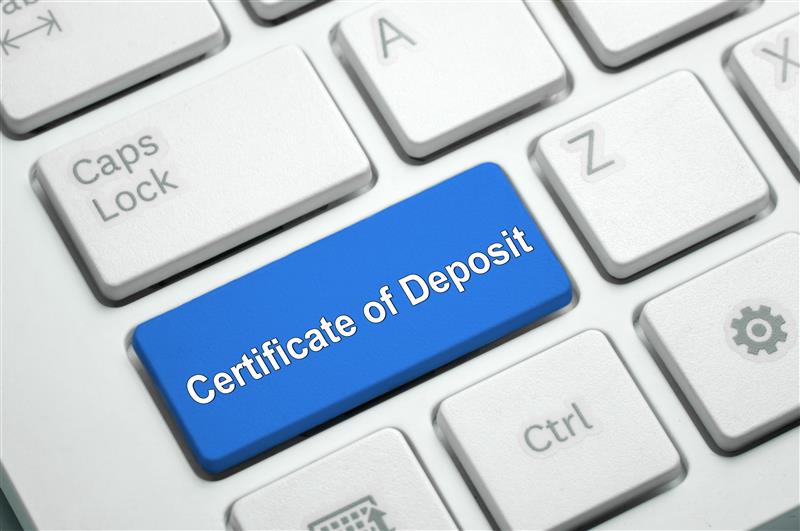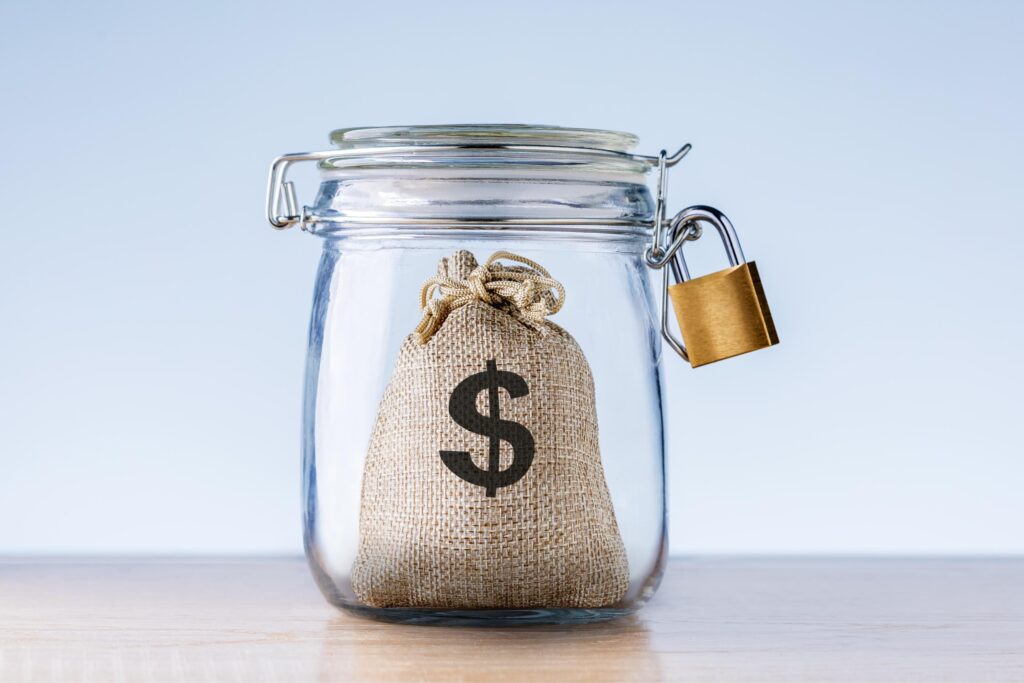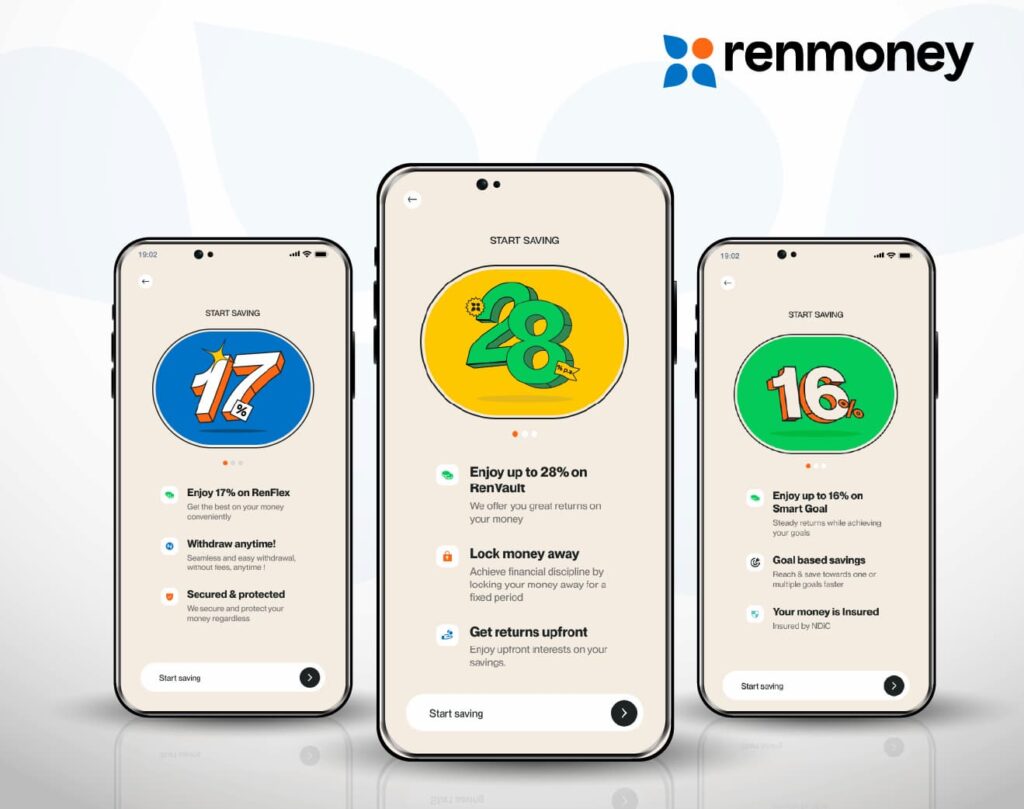Introduction
An emergency is like a sudden pour of rain on a sunny day. It catches you off guard and drenches everything in sight. An emergency fund, on the other hand, is your trusty umbrella; it won’t stop the rain, but it keeps you dry while you figure out your next move.
An emergency fund is a crucial financial tool designed to provide a safety net in case of unexpected expenses, such as medical emergencies, job loss, or significant home repairs. Without it, unexpected costs can derail your financial stability, forcing you into debt or financial stress. In this article, we’ll dive into what an emergency fund is, how to create one, which options are available, and other essential information to help you stay financially secure.
What Is an Emergency Fund?
An emergency fund is a dedicated savings account designed to cover unforeseen expenses, ensuring that you have the financial resources to tackle life’s unexpected hurdles. These funds are typically liquid, meaning they can be easily accessed in times of need without any penalties or delays. What Is In an Emergency Fund? A well-structured emergency fund typically contains enough money to cover three to six months of living expenses. This includes:- Rent or mortgage payments
- Utilities
- Food and groceries
- Healthcare expenses
- Transportation costs
- Any other essential bills
Why Is It Important?
An emergency fund provides a financial buffer that helps you avoid debt when life throws surprises your way. Whether it’s a major car repair, medical emergency, or even unemployment, having these funds allows you to focus on resolving the crisis without financial strain.
Types of Emergency Funds
Depending on your needs, lifestyle, and location, there are different ways to structure and access emergency funds.- Personal Savings Account This is the most common type of emergency fund. It involves setting aside a portion of your income into a traditional savings account. In this case, you can employ the use of a RenFlex savings account on Renmoney and earn up to 16% per annum.
- Money Market Accounts (MMAs) Money market accounts often offer higher interest rates than regular savings accounts, making them a good choice if you want your emergency fund to grow while staying liquid.
- Government Emergency Funds In some cases, governments may offer emergency fund programs to help citizens during times of crisis. These could be in the form of grants or loans, as seen in Nigeria and other countries during the COVID-19 pandemic.
- Certificates of Deposit (CDs) CDs lock your money for a set period but can offer higher interest rates. These are less accessible for true emergencies but may work if part of your fund is set aside for long-term use.

Which Fund Is Best for an Emergency Fund?
Choosing the best type of fund for your emergency savings depends on your individual needs. Here are some options:- High-Yield Savings Accounts (HYSA): These accounts offer better interest rates than regular savings accounts, helping your fund grow faster without sacrificing liquidity. Case in point, a RenVault account with Renmoney which pays up to 26% in interest per annum.
- Money Market Accounts: As mentioned earlier, MMAs offer a mix of better interest and easy access.
- Government Assistance Programs: In Nigeria, emergency funds from the government may come in the form of short-term loans or financial assistance for specific emergencies.
For most individuals, a high-yield savings account is the most versatile and accessible option. To open one, click here.
If you’re not sure how much to save, using an emergency fund calculator can help you estimate your target amount based on monthly expenses. Or you can calculate it by multiplying your total monthly expenses by the standard time frame of an emergency fund which is 6 months.
How Do I Take Emergency Funds?
Once you’ve built your emergency fund, accessing it should be quick and easy. Here are the typical steps:- Withdrawal If your fund is in a savings account or MMA, you can make a direct withdrawal or transfer to your checking account (your account for making frequent deposits, and withdrawals and covering daily expenses).
- Loan Options Some financial institutions offer emergency fund loans for those who don’t have immediate access to savings. These loans often have lower interest rates than personal loans or credit cards, providing a short-term solution.
- Government Assistance Government agencies may provide direct aid during national crises. Nigerians can apply for emergency funds from the government, typically as loans or grants.
Emergency Funds Examples
Here are a few common real-world examples of how people use emergency funds:- Medical Emergency: Covering unexpected surgeries or treatments without going into debt.
- Car Repairs: Paying for a significant car breakdown or accident repairs.
- Job Loss: Supporting yourself during periods of unemployment until you find a new job.
Emergency Funds in Nigeria
In Nigeria, emergency funds have become increasingly important, especially during economic downturns or national crises like the COVID-19 pandemic. Many Nigerians have turned to personal savings, government grants, and specialized loan programs to create or supplement their emergency funds. Programs like TraderMoni and the COVID-19 Relief Fund have also offered temporary financial assistance.Building an emergency fund should focus on accessible, low-risk options like savings accounts or money market accounts, complemented by government resources during times of widespread need.
Tools to Help: Emergency Fund Calculator
An emergency fund calculator is an invaluable tool to determine how much you should set aside based on your expenses. Most calculators ask for information such as:- Monthly income
- Essential monthly expenses (rent, groceries, bills)
- Desired months of coverage (3-6 months is typical)
Using this tool will give you a target savings goal, helping you stay focused on building an adequate safety net.



